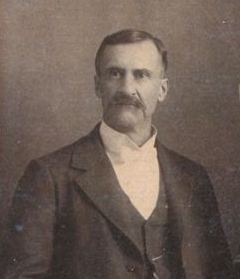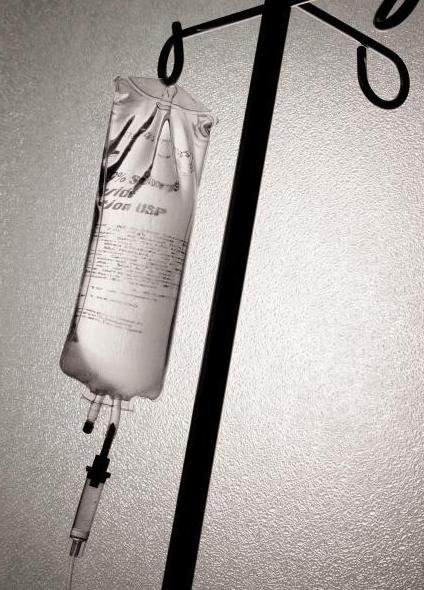 | |
| Born | 1796 Edinburgh |
| Died | 19 October 1833 | Age 37 |
Thomas Latta 1832
Medical:1800sThomas Aitchison Latta (1796 – 19 October 1833) invented the intravenous saline infusion in 1832.
Intravenous therapy (IV) is a method of rehydration that delivers fluids directly into a vein via a syringe. Using gravity the fluid is held in an elevated bag and drips through tubing into the vein.

Cholera Killer
Thomas Latta was born in Edinburgh Scotland. He correctly ascertained that a salt solution could substitute for blood. His experiments were undertaken on five patients in the Edinburgh Cholera Hospital basing his experiments on the theories of the Irish Dr William Brooke O'Shaughnessy. The cholera epidemic, which led to severe dehydration, was killing huge numbers of people. After administering the saline rectally had not improved the patients, on 23 May 1832 he wrote to the Central Board of Health notifying them of his intention to begin the treatment intravenously. The patients began to respond almost immediately.The results of Latta's experiments were published in The Lancet on 23 June 1832 and this life saving solution began to gain merit.

Still Relevant
The saline drip principle is one of the most important hospital procedures with little changed in the basic mechanism in 193 years. It has saved millions from ill health or even death by dehydration. It is deservedly on the World Health Organization's List of Essential Medicines.
Tags: Saline drip cholera essential medicines


